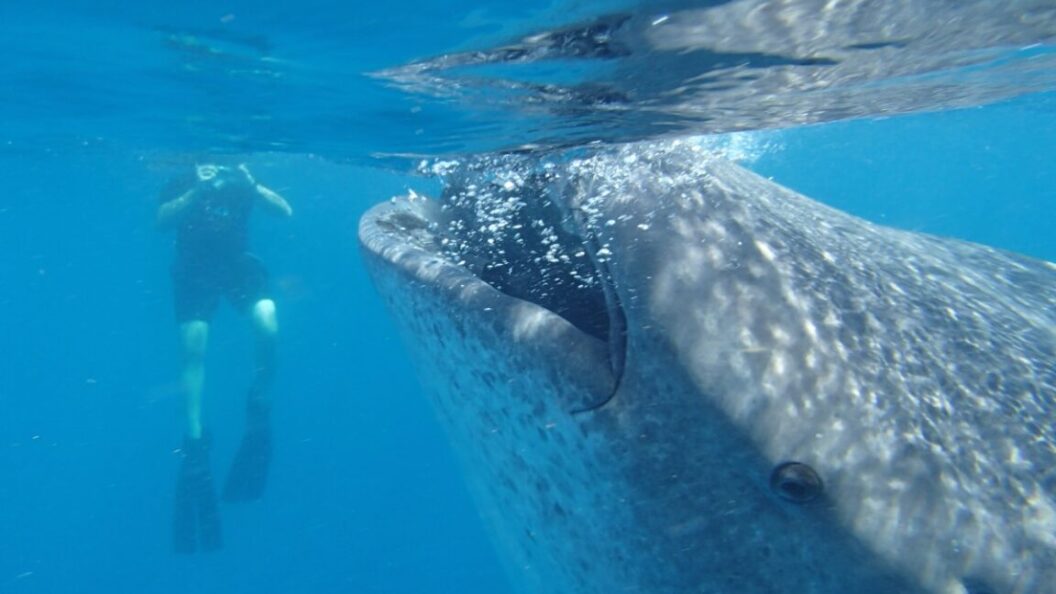The Ocean Runs on Size: New Database Revolutionizes Marine Biology
In a groundbreaking initiative, marine biologist Craig McClain has launched the Marine Organism Body Size Database (MOBS), a comprehensive project aimed at cataloging the body sizes of marine species. Officially established during McClain’s sabbatical in 2022, MOBS seeks to address long-standing gaps in marine data and promote better understanding of aquatic life.
A Long-Awaited Undertaking
Before formally launching MOBS, McClain had been compiling data related to marine organisms’ sizes for several years. This extensive collection formed the backbone of the database, which integrates various datasets into a unified format. McClain explained that previous difficulties in collecting body size data stemmed from inconsistencies in taxonomy: “One of the things that had prevented me from doing this before was the taxonomy issue,” he noted.
To combat these challenges, McClain aligned the MOBS dataset with the World Register of Marine Species (WoRMS), which serves as a global catalog of marine life. This alliance allows for real-time updates as new species are identified and documented, ensuring that MOBS remains current and reliable.
Focus on Body Length Over Mass
Unlike many existing databases that often prioritize body mass, MOBS emphasizes linear measurements such as body length. McClain highlighted the rarity of weight measurements in taxonomic descriptions, stating, “Almost every taxonomic description of a new species has some sort of linear measurement… It’s very rare for anything to be weighed unless it’s an objective of the study.” As a result, MOBS primarily incorporates length data to provide more consistent metrics for comparison across species.
The Importance of Accurate Measurements
The choice to emphasize body length carries significant implications for understanding marine biodiversity. McClain pointed out that variations in density can lead to misleading weight comparisons among species with similar masses. For instance, he explained that "a one-meter worm that’s a cylinder and a one-meter sea urchin that’s a sphere are fundamentally different weights and different kinds of organisms." To navigate these challenges, McClain is also planning to develop a separate database focused on length-to-weight conversions.
Collaborating with Museum Collections
In addition to leveraging data from WoRMS, McClain and his team have sourced body size information from various museum collections. This collaborative approach broadens the scope of MOBS and enhances the dataset’s utility for researchers, conservationists, and policymakers.
Implications for Marine Research
The launch of MOBS represents a critical step forward in marine research and conservation efforts. By providing a reliable and accessible database on marine organisms’ sizes, the project fosters improved understanding of species distribution, ecology, and evolutionary biology. Moreover, having a unified source for this kind of information could potentially inform conservation priorities in the face of global issues such as climate change and habitat degradation.
Addressing Controversies
While MOBS aims to be a comprehensive repository of marine body size data, some experts may question the reliance on length as a primary measurement. There exists a debate among marine biologists regarding the efficacy of length versus weight in evaluating the health and viability of populations. McClain acknowledges this discourse and suggests that the length-to-weight database in development could address these concerns, helping researchers draw more nuanced conclusions.
Conclusion: A Step Forward for Marine Science
The creation of MOBS holds significant potential for advancing marine science, offering a robust tool for understanding and preserving marine life. As McClain and his team continue to update and enhance the database, the initiative promises to facilitate further research, conservation efforts, and greater awareness of the intricate relationships that exist within our oceans. With improving knowledge of body sizes across marine species, scientists can better advocate for policies that protect these vital ecosystems, which are among the most diverse and threatened on the planet.









